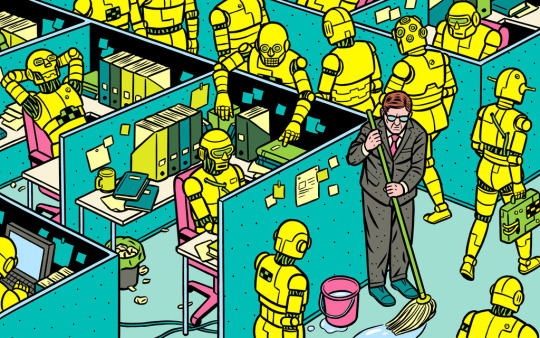I trained as a telephone engineer. In my day this required a
practical understanding of electricity and electronics and the honing of
relevant skills in wiring, soldering, fault finding, etc, etc. Anyone of
average intelligence could become telephone engineer, but only those with an
interest would commence the lengthy process and only those with an aptitude
would stay the course.
In writing I am an amateur. My teachers, after leaving
school at the tender age of sixteen, were Isaac Asimov, Arthur C Clarke, George
Orwell, W Somerset Maugham, Graham Greene – to name but a few, and I have often
wondered if those greats of literary fiction were trained? Did they attend
creative writing courses or take degrees in writing?
Training to be an engineer, scientist, bricklayer, plumber,
doctor, or whatever seems to me entirely different to training to be a writer. When
I decided to write my first book (a non-fiction on voice systems) a colleague asked
me, “Can you write?”
I was stunned. Everyone, I thought, well almost everyone,
can write – just as everyone can speak. I had by then written countless research
reports, articles for magazines and learned journals plus many stories for my
children. Of course I could write. But that was not what he meant: he meant,
could I write well – well enough to warrant the publication of a book? I wasn’t
sure, so I recruited the help of my old boss, then retired, the son of an
English teacher and a stickler for good grammar. Hugh became my editor for that
first book and subsequently the editor of a newsletter that I ran for some years.
Recently I attended a lecture on editing. It was not what I
was expecting. Rather than providing tips on improving ones output by removing
solecisms, typos, etc, this worked at a higher level. The lecturer was an excellent
presenter. He targeted three early chapters of novels currently under creation,
making points about mood, the consistency of metaphors, the choice of words,
etc. To me this seemed like literary criticism, or the sort of advice provided at
creative writing courses. And it worried me.
Though I am a teacher of sorts I could never teach creative
writing because I have not created a successful novel. On the other hand,
publishing a successful novel does not make you a good teacher. Furthermore I
do not really believe that creativity can be taught, the very idea seems to me
to be an oxymoron. Encouraged yes, but taught no.
As often, I find myself well out of step. There is now a
whole industry built around creative writing plus bringing the resultant
masterpieces to the eyes of agents or publishers. And, failing publication via
the traditional route, there are heaps of companies to help you publish your
own book, design the cover and distribute it. Yes, there are kits, courses,
consultants, critics, and lots of other things beginning with ‘c’ – all at a
price.
And the output? Why, a new creation which is a page turner,
where the characters are well-rounded and leap off the page, which has a subtle
back story, gripping first line, a beginning, middle and an end, is full of fresh metaphors and singular similes
and has a riveting and unpredictable plot scattered with innumerable smoking
guns. A novel that is unique, original and, well, possibly, just a little
formulaic.
Sour grapes? Possibly. I must say that most people I have
met who have been on creative writing courses seem to have thoroughly enjoyed themselves
– and that cannot be bad. Some complain that they spend too much time
critiquing the work of the other budding novelists on the course, but all agree
that it was a sociable experience.
Oh, and in all honesty I do not know the answer to that question posed by my colleague over a quarter of a century ago. Perhaps I should take a course?









